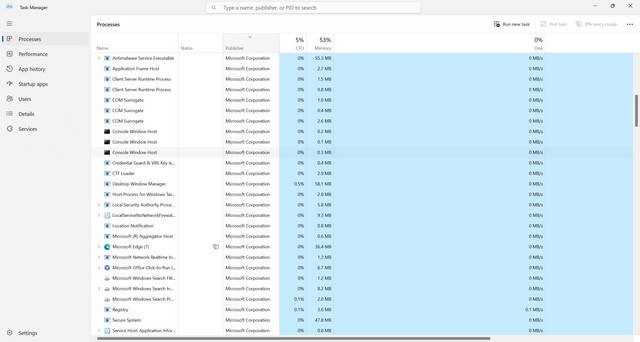Opera is a popular web browser that has been around since 1995. It is known for its speed, security, and user-friendly interface. However, some users have reported seeing a process called Opera.exe running in the background of their computers. This has led to questions about what Opera.exe is and whether it should be removed. In this article, we will explore what Opera.exe is, what it does, and whether it is safe to remove it.

What is Opera.exe?
Opera.exe is a process that is associated with the Opera web browser. It is the main executable file that runs the browser. When you launch Opera, the Opera.exe process is started, and it remains running in the background until you close the browser.
When you open the Windows Task Manager, you may see multiple instances of Opera.exe running. This is because Opera uses a multi-process architecture, which means that each tab and extension runs in its own process. This helps to improve the stability and security of the browser.
What does Opera.exe do?
Opera.exe is responsible for running the Opera web browser. It handles all of the browser’s functions, including rendering web pages, managing tabs, and handling user input. It also communicates with other processes, such as the GPU process, to ensure that the browser runs smoothly.
Opera.exe also runs in the background when the browser is closed. This is because Opera uses a feature called “Opera Turbo,” which compresses web pages to reduce data usage and improve browsing speed. When Opera Turbo is enabled, Opera.exe continues to run in the background to handle the compression and decompression of web pages.
Is Opera.exe safe?
Yes, Opera.exe is safe. It is a legitimate process that is associated with the Opera web browser. However, like any executable file, it can be targeted by malware and viruses. If you notice that Opera.exe is using a lot of system resources or behaving strangely, it could be a sign that your computer is infected with malware.
If you suspect that your computer is infected with malware, it is important to run a scan with a reputable anti-malware program, such as Malwarebytes Free. This will help to identify and remove any malicious files that may be causing problems on your computer.
Should I remove Opera.exe?
No, you should not remove Opera.exe. It is a critical component of the Opera web browser, and removing it could cause the browser to stop working properly. If you are experiencing issues with Opera, such as slow performance or crashes, there are other steps you can take to improve the browser’s performance.
- Clear your browsing history and cache
- Disable extensions that you are not using
- Update to the latest version of Opera
- Disable Opera Turbo if it is causing issues
By taking these steps, you can help to improve the performance of Opera and ensure that it is running smoothly on your computer.
Conclusion
Opera.exe is a critical component of the Opera web browser. It is responsible for running the browser and handling all of its functions. While it may run in the background when the browser is closed, it is a legitimate process that is safe to have on your computer.
If you are experiencing issues with Opera, such as slow performance or crashes, there are steps you can take to improve its performance. However, removing Opera.exe is not one of them. By taking the steps outlined in this article, you can help to ensure that Opera is running smoothly and efficiently on your computer.


